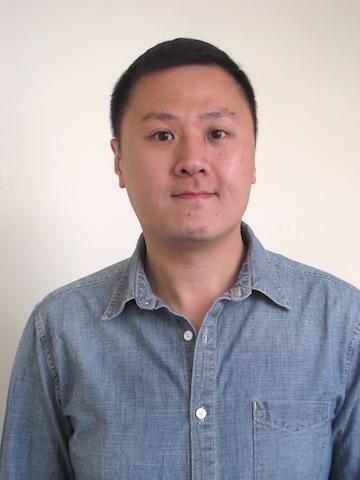
Data-Driven Analytics to Empower Security and Protection in the AI Era
Shuang Hao, Professor
Department of Computer Science
University of Texas, Dallas
Date: Thursday, September 26
Place: Harold Frank Hall, Room 1132
Time: 1:30 pm PT
Abstract
Revolutionary advances in artificial intelligence (AI) techniques have led to promising applications and widespread deployment accessible to users. However, these AI techniques are increasingly being abused by cybercriminals, such as creating fake media content or injecting malicious instances in the services. One key challenge is the lack of systematic analysis and defenses against deception and abuses in the age of AI.
In this talk, I will describe my research using data-driven and user-centric analysis to address AI abuses and attacks. First, I will introduce the approaches of leveraging user intelligence to characterize and detect AI-generated face images, enabling human-AI collaboration to strengthen security of generative AI. Second, I will describe the machine unlearning attacks through adversarial perturbation near the decision boundary, and quantify model degradation and risks in unlearning scenarios. My research builds principled practice and socio-technical solutions to improve AI security.
About
Shuang Hao is an Associate Professor of Computer Science at the University of Texas at Dallas. Before joining UT Dallas, he was a postdoctoral researcher at the University of California, Santa Barbara advised by Prof. Christopher Kruegel and Prof. Giovanni Vigna, and he obtained his Ph.D. from the Georgia Institute of Technology under the supervision of Prof. Nick Feamster. His research interests are in security and privacy and its intersection with machine learning, data analytics, and user behavior. His current research focuses on using data-driven approaches and designing socio-technical solutions to detect and mitigate abuses of AI techniques. He has received multiple awards and recognitions, including a NSF CAREER Award, an IETF Applied Networking Research Prize, a DSN Best Paper Award, an IMC Best Paper Award Runner-up, and a Yahoo! Key Scientific Challenges Program Award. His work has been featured in media outlets such as The Wall Street Journal, CNN, Fortune, Slashdot, and MIT Technology Review.